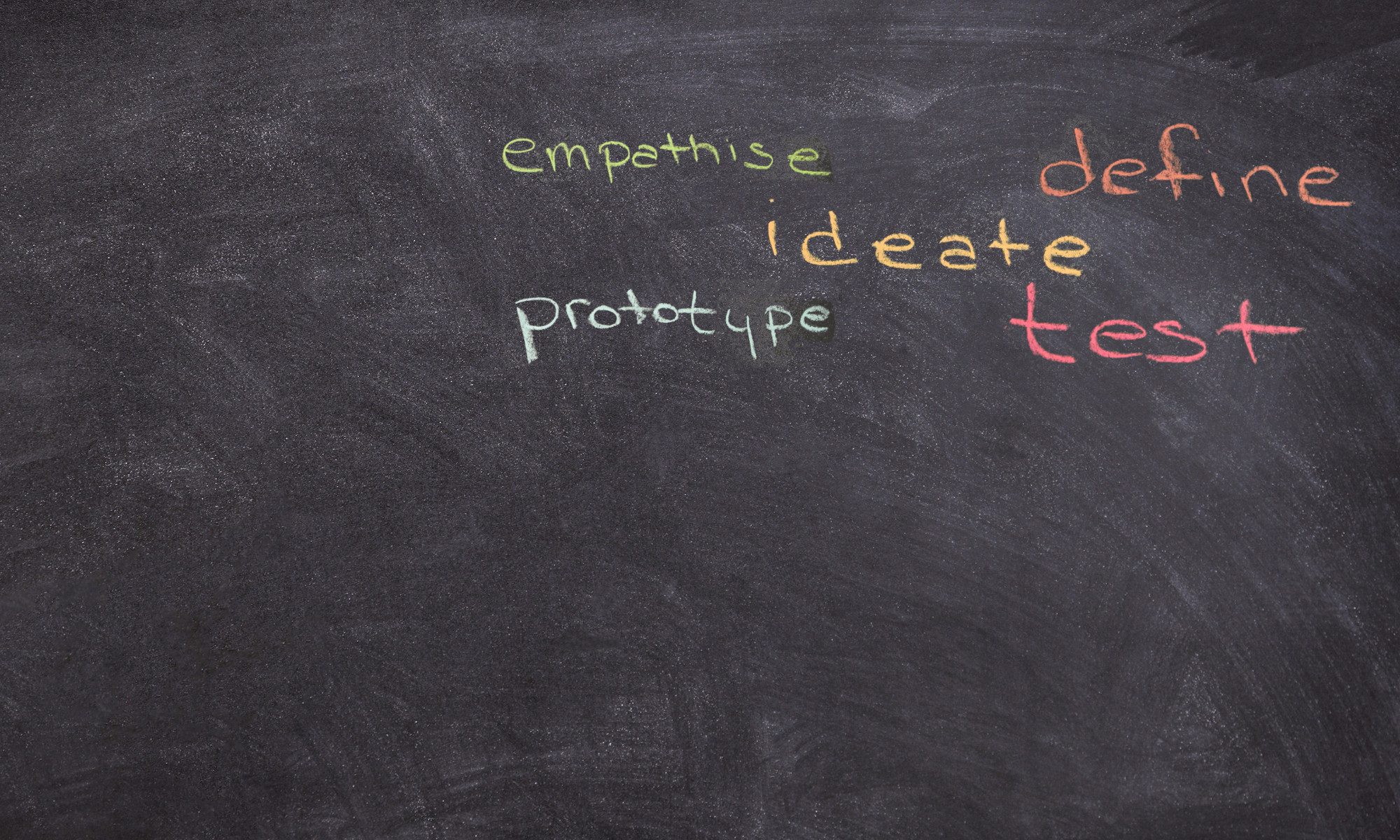On 14 and 15 May 2020, undergraduate students from University College Maastricht (UCM), Maastricht University’s Honour College, had the opportunity to follow two online workshops on how Design Thinking can enhance and complement other research methods and on how to conduct a focus group. The workshops were designed and delivered by Prof. Susan Schreibman and Dr. Costas Papadopoulos, two members of the IGNITE team. A total of 30 students signed up for the workshops, which were held online due to restrictions on physical meetings caused by the Coronavirus pandemic.
Workshop on Design Thinking
During the first workshop, 15 undergraduates were guided through a Design Sprint modelled on the Earth ‘Overshoot Day’ sprint which is available for anybody (individually or in a group) to the IGNITE course Introduction to Design Thinking and Maker Culture. Within the sprint, students designed solutions to help reduce our resource consumption. Design thinking tools and methods guided them through their process, including the use of personas, and brainstorming sessions to engage their target audience.
At the end of the workshop, students presented their creative solutions. This gave them the opportunity of practicing pitching their ideas in front of an audience. Despite some of the restrictions of holding a workshop in an online environment, students got much out of the workshop and its approach. They appreciated its interactivity and the majority of students (84%) felt that it was relevant for their future careers.
Workshop on Focus Groups
The second workshop was held on 15 May, one day after the workshop on design thinking. In this workshop, another 15 undergraduates learned about the ins-and-outs of focus groups, taking a design thinking approach to gathering feedback. They learned about the theory and rationale behind the qualitative research method and were given practical tools useful for setting up their own (academic) focus groups in the future.
As such, the students were given a scenario-based approach to create a plan for conducting a hypothetical focus group. They practiced asking relevant questions, steering group conversations to avoid discussions going off-topic, and various exercises that would help respondents voice their thoughts and be at ease. Also, they received tips on how to deal with group dynamics and were taught creative ways to receive feedback. Last but not least, students were reminded of various research ethics to help them conduct their focus groups ethically and responsibly.


